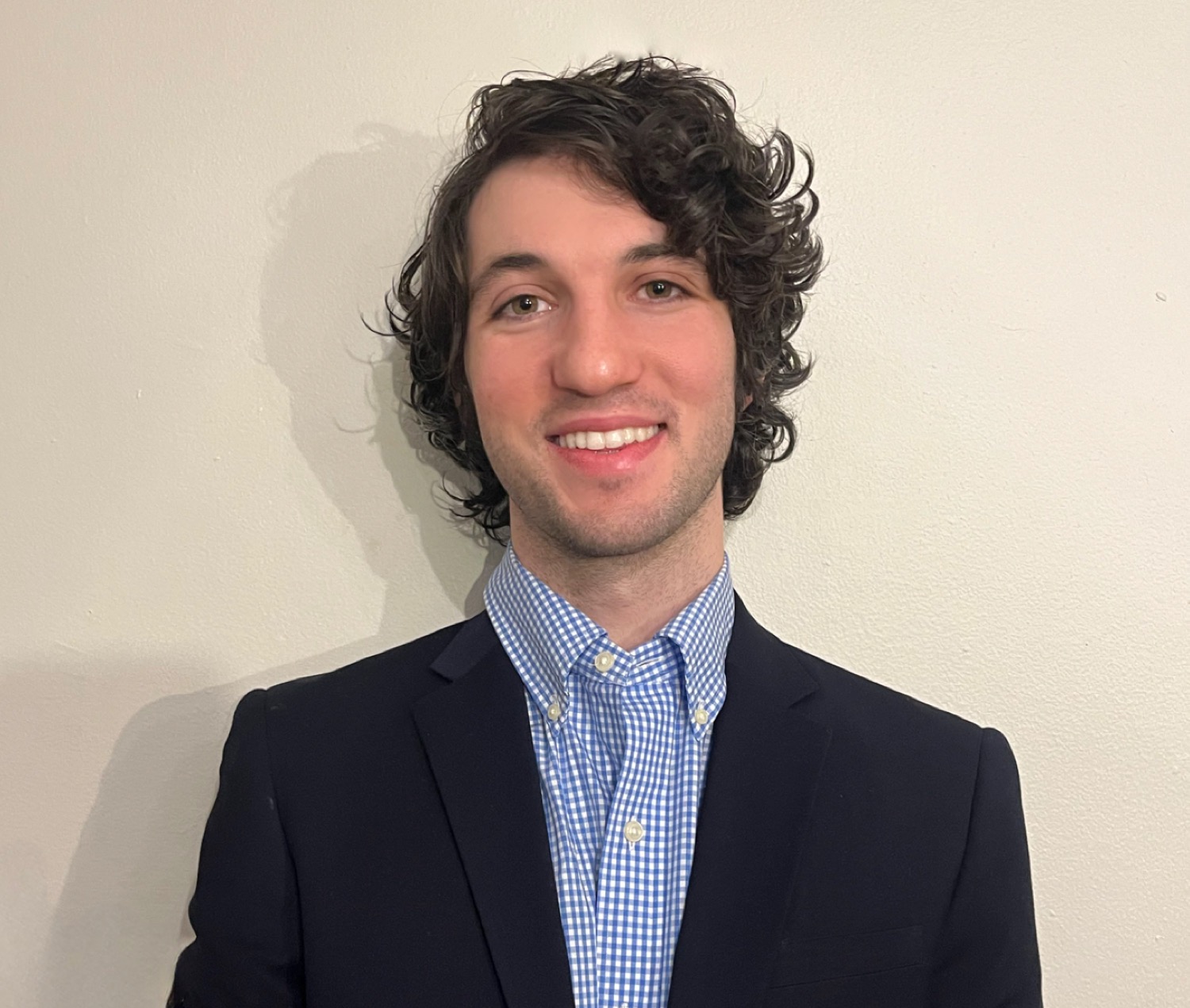Making the Leap: An Engineering Student with the Will Finds a Way
 When Eric Eltringham took a job as an electrician after high school, he had no idea doing so would lead him to return to school and subsequently find his vocation in electrical engineering and power systems – but it did.
When Eric Eltringham took a job as an electrician after high school, he had no idea doing so would lead him to return to school and subsequently find his vocation in electrical engineering and power systems – but it did.
Poised to graduate from the New Jersey Institute of Technology (NJIT) this month, Eric – a 2023 Electrical and Electronics Engineers (IEEE) PES (Power & Energy Society) Scholarship Plus Initiative and John W. Estey award recipient – is taking a breath to look back and see how far he has come before embarking on the start of his professional career. And he has come very far indeed.
A nontraditional student, Eric did well in math and science in high school but notes that he didn’t have a passion to continue his studies until curiosity got the better of him.
“I didn’t know anything related to electrical before taking that [electrician] job, but I enjoyed it and was very interested in what we were doing as far as how things actually worked and was constantly asking my boss questions about the theoretical side of what we were doing,” he said. “Eventually I began doing my own research and realized that I wouldn’t be able to fully understand everything until I learned the math and physics behind what we were doing.”
So, Eric enrolled in math and physics classes at a community college while continuing to work part time. Once he started, he quickly realized he wanted to continue and get his degree. After he had gained a solid footing in his studies, he transferred into NJIT’s engineering program.
When asked what the topics were that ignited his interest in engineering, Eric responded by saying they were three-phase power, harmonic distortion, and motors.
“My interest in engineering has caused a drastic shift in how I perceive the world around me. I frequently find myself questioning how things operate and why they were designed in a certain way,” he explained. “In the past, I was much more likely to simply accept how things are, or not devote focus to them at all. Now, I see every piece of infrastructure, every device around me, as a ‘problem’ that can be defined, understood, and potentially solved.”
According to Eric, being a nontraditional student had both positive and negative aspects. While it took him some time to get back into “student mode” and find his footing, he noted that being a few years older and having already worked in industry helped gave him a more mature mindset.
Still, receiving the IEEE PES honor was very meaningful to him in that it provided external validation that he was doing well.
“As you can imagine, going back to school after a few years you have some people saying things like, are you sure you want to do this? So being recognized for doing well felt good and a sign that I’m doing the right thing, I can get through this. And then monetarily – working part time and going to school is tough, so any scholarship is a sigh of relief,” he said.
As he looks toward the future, his primary goal is to continue to learn as much as possible.
“Over the next five years, I plan to take on career opportunities that expose me to new ideas and facilitate my accumulation of knowledge. Within the next year, I will be taking the Fundamentals of Engineering (FE) exam and plan to work with a company that will help me obtain a Professional Engineer (PE) license,” he said. “Within the next 10 years, I hope to be in a role where I am actively engaged and interested in my work. At that point, I would like to have a PE as well as a Master of Science in Electrical Engineering (MSEE) degree and be at the point where doing power studies is comfortable and familiar.”
Something else he would like to do would be to mentor other nontraditional engineering students such as himself.
“I didn’t have a mentor it was tough to find someone that a similar situation when I was in school since it was mostly students coming out of high school doing the more traditional route,” he said. “There is a lot of uncertainty with making the jump to return to school and it would have been nice to have someone who could have told me it will work out in the end and. I would like to do that for someone else in the future.”

